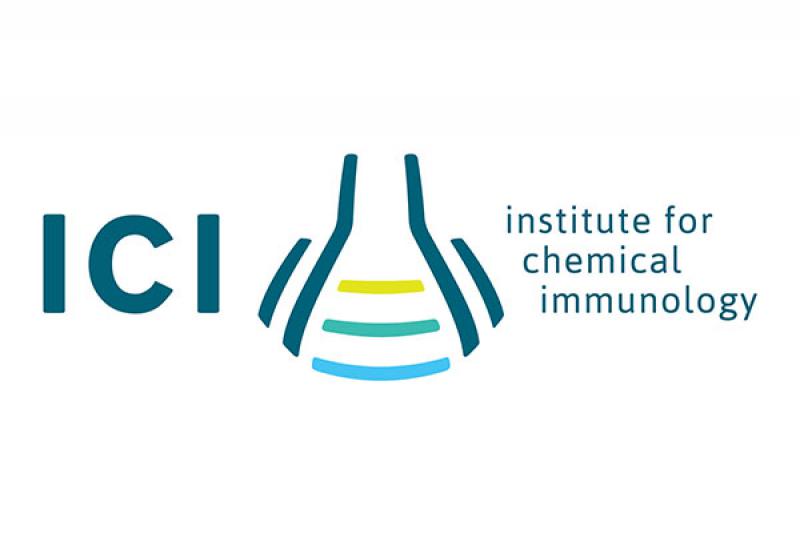NKI researchers discover new anti-cancer drug resistance mechanisms

ICI researchers at the Netherlands Cancer Institute have discovered three new resistance mechanisms of cancer cells against the commonly used anti-cancer drugs doxorubicin and etoposide. In The Netherlands alone, thousands of patients a year are treated with one of these drugs. But they don't always work well for every patient. The new discovery might help predict whether a patient will or will not benefit from them.
Doxorubicin and etoposide are both broad chemotherapeutics that disrupt cell division. They have both been in use for decades and are given as a treatment for several types of cancer, among which breast cancer, leukemia and lung cancer. Worldwide hundreds of thousands of patients have benefited from these drugs. But in some patients their effect is insufficient, or they don't work at all. Therefore, cancer researchers are trying to unravel what can make cancer cells insensitive to these drugs. This is an important step towards 'personalized medicine', in which patients only receive drugs that work against their specific tumor, and don't receive drugs that are ineffective for them but do have (serious) side effects.
Independent mechanisms
One resistance mechanism against doxorubicin and etoposide is already known (the 'drug pump' MDR1). But often this isn't the explanation for observed insensitivity against the drugs. So there must be other resistance mechanisms. Prof. dr. Sjaak Neefjes of the NKI and his team have now found three new, independent resistance mechanisms.
Read more: http://www.nki.nl/topmenu/about-the-nki/news/nki-researchers-discover-th...




